As you have heard me say, "It all starts with Inflammation."

I’m a big believer that inflammation is the root cause of most disease and illness. The definition of autoimmunity is: a condition in which the body produces an immune response against its own tissue constituents. This immune response is an inflammatory act that if left unchecked, can degrade tissue and create real problems for the patient over time. In the autoimmune (AI) world, inflammation is king, and the servant would be your body. How do we overthrow the king? That is the question that is, in most instances, unanswered.
The events of our country or world may be giving you some heartburn these days, which can cause stress. Most of these issues are out of our control, yet we stress over them and let them control our feelings and our lives. Stress knocks down our immune system, ultimately leading to further health issues.
Do you know of a grouping of medical conditions having over 100 unique variations other than autoimmune? I think not. Evidence points back to the gut and the microbiome and its effect on overall health and a recent study.
One common condition we do hear about quite often is Pre-Diabetes. The body is slowly moving towards not handling the glucose load present in the body. Two common causes of pre-diabetes are excess weight and inflammation, and the process is slow and not typically detectable unless monitoring is involved. The problem with pre-diabetes and most conditions that slowly progress over time is the silence that accompanies it. Silence in that you may not feel the slightly elevated blood glucose level or the A1c that inches higher every year.
A warning sign not traditionally tested is fasting insulin. The pancreas produces insulin, and insulin drives glucose into our muscles. As the glucose in your blood increases, your insulin level also increases to offset the glucose load. The insulin level continues to rise, and the pancreas kicks out more insulin to meet the need. Your glucose level can be normal, but your insulin level is out of control; trying to keep things in check until your pancreas can no longer keep up, eventually needing additional help in the form of medication. Having the fasting insulin number is a critical marker in knowing where you stand in the fight, and it may be the call to action many patients need to beat this disease back.
The process of pre-diabetes is something I feel can be carried over into the world of auto-immunity. Patients diagnosed with an AI disorder have had the condition for about seven years before diagnosis. Considering that AI is reversible by fixing the underlying causes, it would seem possible that if we could address the issue in its infancy, a person might have a better chance at halting the process before it becomes a full-blown, out of control condition.
Three big things present will aid AI's onset: being female, poor gut health, and stress. Females bear the brunt of this disease in a 2:1 ratio vs. men, and being female cannot be changed. The following two items, poor gut health, and stress, are areas of change that a person can directly impact and gain control.
One of the speakers from an online conference I recently took part in, challenged the attendees to help patients in the pre-AI phase of the disease. The tools discussed included ideas to heal the gut, take supplements to address stress, stress reduction techniques, and use an old drug with a new benefit called low dose naltrexone(LDN). Working on the gut and managing stress are potential fixes. LDN is a band-aid, but a good and safe one has few side effects and is cost-effective compared to the biologicals discussed below.
The VITAL study from 2018 looked at giving patients 2000IU of vitamin D and 840mg of Omega 3 EPA + DHA. The results showed a decreased cancer mortality and decreased the incidence of cancer in normal-weight individuals. Both items are listed in the summary of the study. This same study also looked at how these two nutrients affected patients’ risk of AI. The results showed that vitamin D, if taken for five years, decreased AI by 22% alone or with Omega 3's and that Omega 3's independently reduced AI by 15%
In a recent online forum discussion, a practitioner presented a case involving fibromyalgia and eosinophilic esophagitis. Many practitioners weighed in with treatment answers ranging from food sensitivity testing, dietary changes, inflammatory testing, and other blood work. These were all great ways to dig deeper into what might be going on with her system. I don't often comment or add input in these forums, but I found myself not holding back. My simple response was, "start LDN, get your life back, then work on the underlying causes."
We have and continue to find great tools for the fight against autoimmune diseases. Unfortunately, it is coming at a price of billions of dollars per year and is truly not sustainable. Biologic medications cost between $25-50,000 per person per year. All you must do is watch one of the big three networks for an evening and not change the channel for commercials, and you will see these drugs paraded across the screen.
I recently visited a patient whose practitioner wanted to put him on medication for his hives and itching, currently controlled by two different anti-histamines costing less than $50/month. The treatment option was a biological drug that would cost about $100,000 per year, but with a copay card, it would only cost $5 out of pocket, so instead of $600 per year, it would only cost him $60 per year. The $99,940 burden to the system is excessive and driving our premiums through the roof. There are less expensive alternatives, and it seems like they are overlooked these days.
I don't want this to seem like an attack on biological drugs and big pharma because they help many patients with autoimmune conditions, but they don't come without baggage, cost, and severe side effects.
This article intends to show how catching AI in its infancy, can save the system billions of dollars. Halting the disease process would seem like a possible solution to what is happening. There is not much talk of this as a treatment option or even something to consider because money talks and a fix would jeopardize this multi-billion-dollar industry.
If we took the $25-100,000 per year and funneled it toward prevention, good quality food, supplements, stress reduction, and exercise, we would have a considerable excess of money in the end and a possible fix. Unfortunately, our insurance does not cover these options, yet the $100,000 drug is covered? We need more fixes and fewer bandaids.
If you want more information on ways to combat AI naturally, call the pharmacy @ 701-483-4858. Please visit my website at www.irsfeldpharmacy.com to find this and other archived articles in the blog section.
Until next time, be vigilant about your health!!


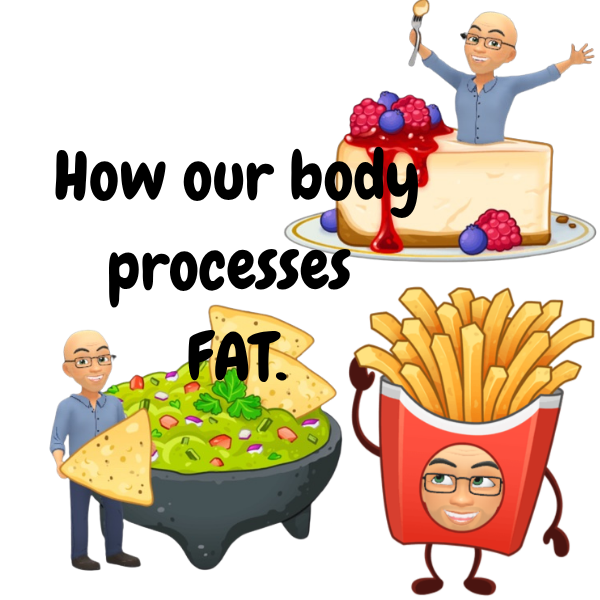


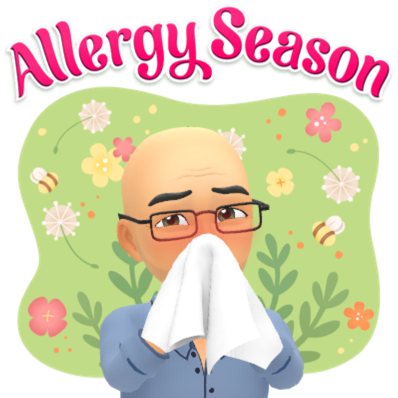
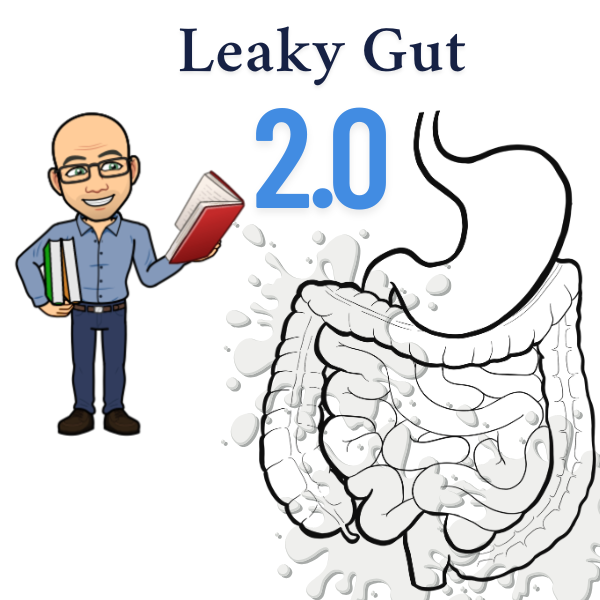



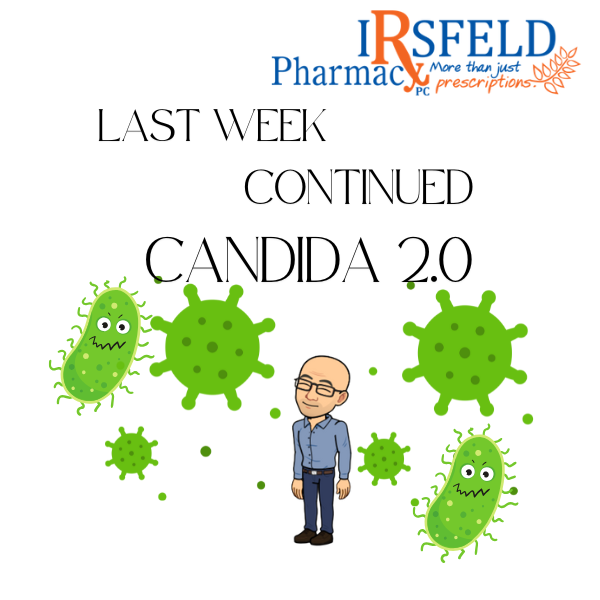
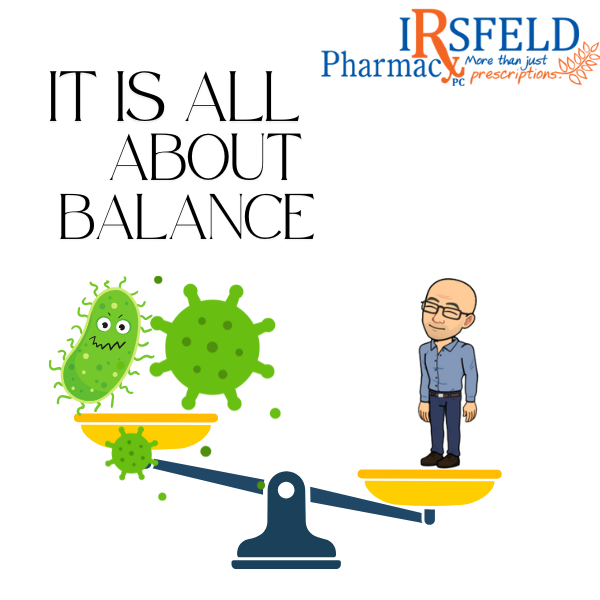
Share On: